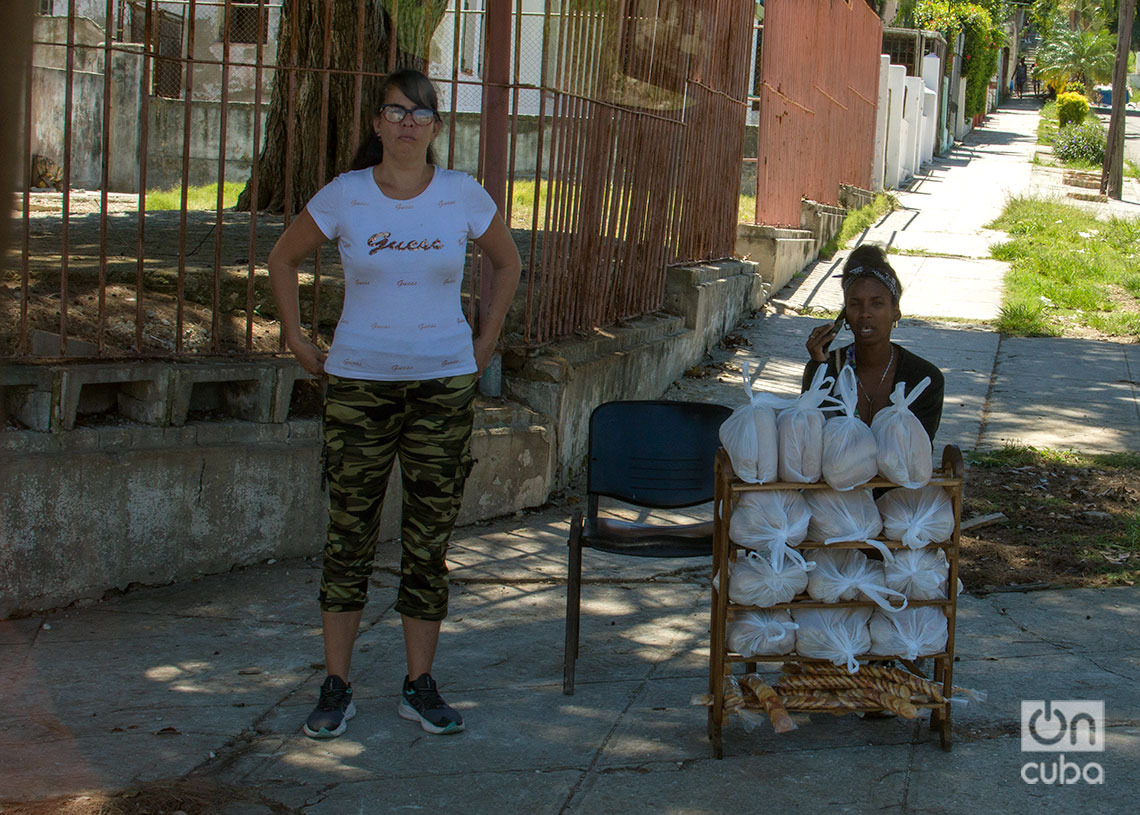

In Cuba, the role of micro, small, and medium-sized enterprises (MSMEs) has been under scrutiny as the nation grapples with its economic challenges. Dr. Juan Triana Cordoví highlights a significant shift in the perception of Foreign Direct Investment (FDI) in Cuba, which has evolved from being viewed as an adversary of socialism to a necessary component for economic development. This change reflects a broader recognition of the strategic need for FDI in bolstering the economy [5e76ea83].
Despite this shift, MSMEs currently contribute only 15% to Cuba's GDP, raising questions about their effectiveness and sustainability. They are often scapegoated for various economic issues, while the state enterprise system, which accounts for 90% of sales, struggles under outdated regulations that stifle innovation and growth [5e76ea83]. In contrast, MSMEs have made a notable contribution of 30 billion pesos to the country's fiscal revenue, underscoring their importance in the economic landscape [5e76ea83].
On September 24, 2024, new regulations for Cuba's private sector took effect, aimed at enhancing the operational framework for MSMEs, non-agricultural cooperatives, and self-employed workers. These measures, which include decree laws and resolutions, will shift the approval process for MSME applications from the Ministry of Economy to municipalities, effective March 2025 [7ddbfca4]. Over 11,000 non-state enterprises currently employ about a quarter of Cuba's workforce, highlighting the growing significance of the private sector in the economy [7ddbfca4].
However, the new rules stipulate that MSME partners must be Cuban residents or foreigners with permanent residence, a regulation that critics argue could negatively impact dual nationals [7ddbfca4]. Additionally, the regulations update prohibited activities, including mining and finance, reflecting a tightening of the sectors in which private enterprises can operate. President Miguel Díaz-Canel has emphasized the need for transparency and accountability within the private sector, indicating a governmental push for a more regulated environment [7ddbfca4].
The evolving dynamics of the Cuban economy reflect a complex interplay between state control and the need for private enterprise, with MSMEs positioned as both a potential solution and a source of contention in the broader economic reform agenda [5e76ea83]. The balance between supporting MSMEs and maintaining control over the economy remains a contentious issue, as the state continues to navigate its relationship with these enterprises [5e76ea83].